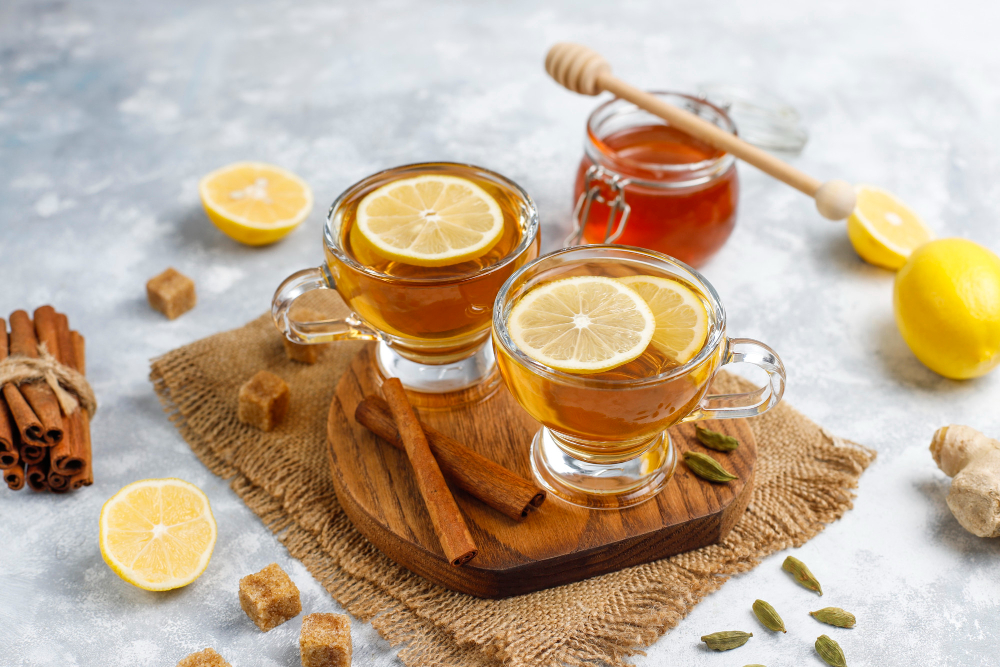
Some days you’re feeling fit and fabulous while other days come with a bit of bloating that is possibly accompanied by some level of discomfort. The pressure you can feel in your digestive system along with the swollen waistline can be a real bummer.
We’ve combed through all of the home remedies, science, and supplements to provide ways to reduce or alleviate your bloating.
1. Find the Culprit
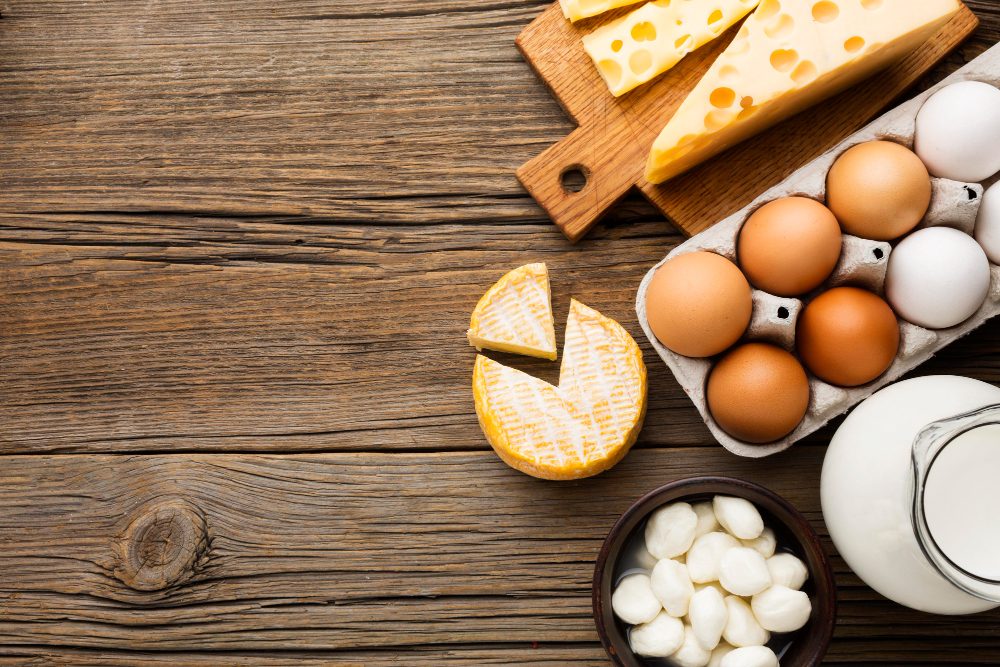
Bloating is often associated with gases or fluid retention that can cause pressure and discomfort in one’s digestive system. There are some clear links between abdominal discomfort and certain behaviors so finding the culprit should be your first course of action.
Here are some of the most common causes of bloating:
- Eating dairy for those who are lactose intolerant
- Eating foods high in sodium causes fluid retention.
- Eating Cruciferous vegetables like kale, broccoli, and cabbage as they contain raffinose, a sugar that causes your gut to produce excess gases.
- Swallowing lots of air from eating too quickly
Other causes of bloating include constipation, reflux, weight gain, and menstruation.
2. Try an Elimination Diet and Then Cut out Trigger Foods
Different people have trouble digesting dairy, cruciferous vegetables, nightshades, foods high in insoluble fiber or foods that are high in sugar. A diet without all of these foods would prove to be overly difficult for most people so an effective method has been the FODMAP or elimination diet.
This diet has proven to help reduce IBS symptoms including constipation, bloating, gas and abdominal pain.
For maximum effectiveness, keep a food diary as you eliminate trigger foods and take notes about any changes, and also notes about your experience as you add foods back into your diet.
3. Eat Potassium-Rich Foods

You can find somewhat quick relief from your sodium-related bloat by eating foods that are rich in potassium like bananas, avocados, and sweet potatoes along with drinking water. Both will help to flush the sodium from your system. Potassium also comes in supplement form for those who might have trouble getting it from their diet.
4. Eat Gut Health Foods

What makes a food gut healthy? Gut health foods are characterized by three things, probiotic bacterial strains, prebiotic fiber and digestive enzymes.
Fermented foods like yogurt, kimchi, sauerkraut and kefir provide tons of gut-healthy bacteria. However, some versions or brands will have a bit more sugar which is also something to look out for.
Oats, Garlic, Asparagus, and Bananas provide loads of prebiotic fiber.
Miso and bananas also provide digestive enzymes in addition to a host of other nutrients.
5. Peppermint Oil
Peppermint’s ability to relax the intestinal muscles has a long-documented effect of relieving symptoms associated with IBS such as bloating, gas, and diarrhea. More recent research has only strengthened the case for peppermint oil.
Researchers in Australia found that the high concentrations of the peppermint’s cooling menthol has an antispasmodic effect and it excites the anti-pain channel called TRPM8, effectively desensitizing the gut. The study authors believe this new insight could lead to the development of peppermint oil as a mainstream treatment for IBS and other GI conditions involving abdominal pain originating in the colon.
6. Turmeric
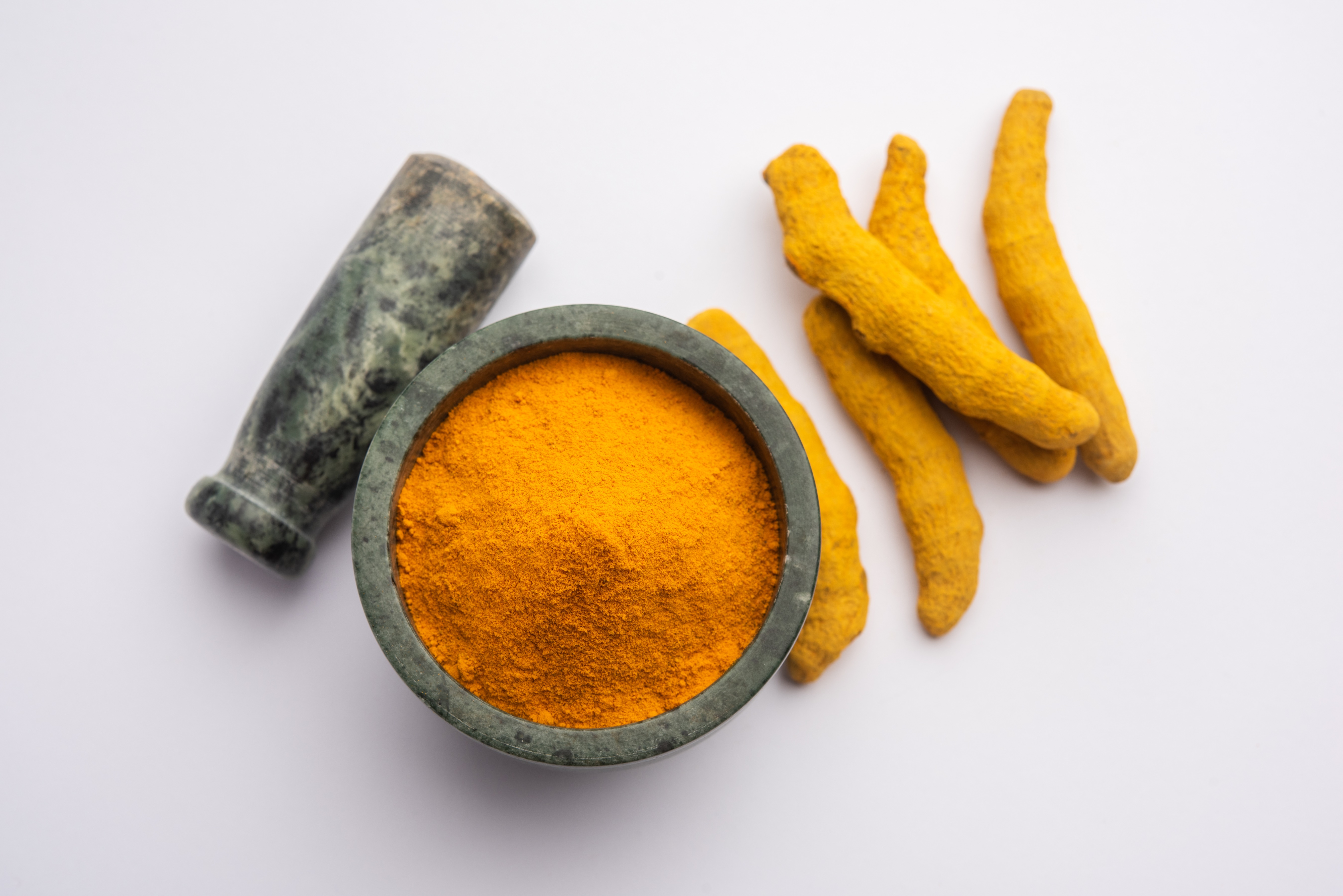
Turmeric has been used as a remedy for a variety of conditions for over 4,000 years. Studies show that turmeric, more specifically, its key ingredient of curcumin may treat digestive problems and may help fight infections and some cancers along with reducing inflammation.
Curcumin’s role in digestive relief stems from its ability to stimulate the gallbladder to produce bile, which some think aids in digestion. The German Commission E, which determines which herbs can be safely prescribed in Germany, has approved turmeric for digestive problems. Additionally, a double-blind, placebo-controlled study found that turmeric reduced symptoms of bloating and gas in people suffering from indigestion.
You can find turmeric in several forms including capsules that can be taken by themselves or powders that can be added to tea or milk.
7. Drink Dandelion Tea
Dandelion tea has diuretic properties that are thought to help your body to expel excess water and relieve bloating.
Dandelion tea might also help to promote liver health and prevent urinary tract infections. Check out this link for simple instructions to make your own.
8. Ginger Lemon Tea

Enjoy a cup of ginger and lemon tea for a bloat-busting super drink. Not only will this be tasty as Lemon’s fresh sweet citrus flavors pair well with ginger’s spicy bite, but lemon also has diuretic and bloat-relieving properties when added to warm water.
Ginger, like, turmeric has long been used as a digestive remedy. Studies have been done to investigate this effect and support ginger’s use. It’s been found that ginger decreases pressure in the digestive system, reduces intestinal cramping, and prevents flatulence, and bloating.
9. Try a Probiotic Supplement
Gut health foods are great but some of us could still use a little help. It might be worth trying out a probiotic supplement to see if it helps with your bloat. Most of the supporting evidence is based on populations with IBS. But the findings were that participants who tried using probiotic supplements reported decreased abdominal pain and bloating.
Professionals recommend choosing a probiotic and sticking with it for about 4 weeks to see if it helps and is right for you. Staying the course for this time period is the important part because probiotics are reported to make digestive symptoms worse for the first few days.
10. Add Digestive Enzymes to Your Diet
Probiotics are definitely the talk of the town when it comes to digestive supplements but some may get relief for their bloat from additional digestive enzymes. These enzymes are proteins that help to break down the food that we eat so people who don’t have enough can experience digestive problems including bloat and even malnutrition.
Generally, you’ll want to look for an enzyme supplement that contains amylases, proteases, and lipases. Best in Nature provides a convenient chewable with these and more that you can learn more about here.
11. Decrease Your Sodium Intake
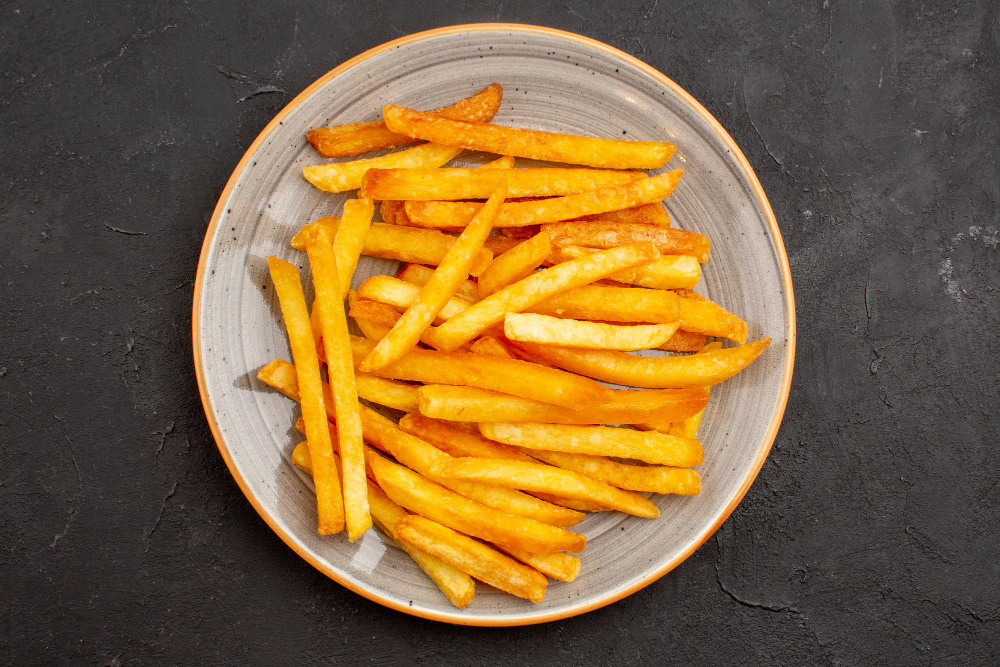
If your bloat primarily follows a salty meal, you should consider lowering your sodium intake to reduce your bloating over time. This excessive intake causes the kidneys to retain water leading to that bloated feeling we experience.
The CDC reports that 90% of Americans surpass the daily recommended sodium intake of 2,300 milligrams per day. The easiest way to decrease your sodium intake is to buy fresh meats and vegetables to cook with since your biggest sources of sodium will be processed and ready-to-eat food products. For example, a single cup of instant ramen can represent 80% or more of your daily recommended intake.
12. Eat Smaller Portions
Try to eat smaller portion sizes to help your digestive system to keep running smoothly. Your body can only digest food so fast so eating large portions of food in a short amount of time can result in much of it sitting in your gut causing you to feel bloated.
This is especially true for foods that contain large amounts of fat and non-digestible carbs which take longer to digest.
13. Avoid Swallowing Air
People with IBS are predisposed to bloating caused by swallowing too much air. Typical causes of swallowing too much air include eating too quickly, drinking carbonated beverages, and chewing gum.
Generally, try avoiding these behaviors, eat slowly and chew thoroughly.
14. Get Your Recommended Daily Exercise

Exercise can improve your life and your health in a number of ways including bloat relief and prevention. In fact, maybe even more so than certain medications. A study among 94 participants, found the group who went on a 10-15 minute walk following their meals reported feeling relieved from bloating at a higher rate than the group who took prokinetics.
Exercise has even been found to relieve bloating in people over the long term. Getting regular exercise can also provide you with the benefit of better heart health, decreased stress, and better sleep.
15. Eat More Fiber (Over Time)
Fiber helps to prevent bloating and constipation but most Americans aren’t taking in enough from their diet, with only 5 percent of people meeting their recommended daily fiber intake according to the Academy of Nutrition and Dietetics.
Don’t dive into the deep end immediately when it comes to adding fiber to your diet though. When you add larger amounts of fiber to your diet in a short amount of time, you’ll experience gas and bloating. Instead, you should increase your fiber intake over time for the best results.
16. Support Healthy Bowel Habits
Around 16% of all Americans experience constipation with this number reaching 33% among those who are over 60 years of age. Constipation can worsen bloating since the non-digestible compounds spend longer in the digestive system leading to the creation of more gases which lead to bloating.
For optimal bowel health, the University of Michigan suggests
Eating all of your meals around the same time each day; this makes things easier on your bowels.
Eating even-sized meals; Meals throughout the day vary in size but your breakfast lunch and dinner should be about the same size from day to day.
Eating breakfast; This is one of the most important meals for bowel stimulation.
Eating enough fiber; This will help you to maintain regular stools.
Stay hydrated; water helps break down foods and regulate bowel movements.
Bottom Line
Many people try ignore the pain and discomfort of bloating seeing it as a minor inconvenience but it could be a sign of more serious problems. In many cases, there are some solutions for bloating in the moment such as ginger lemon tea. Long-term, regular exercise and a healthy diet can help to relieve long-term bloating.




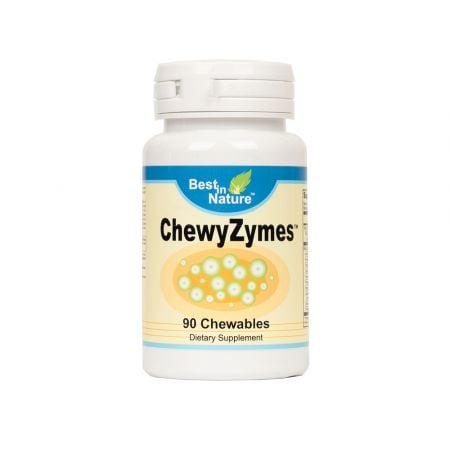
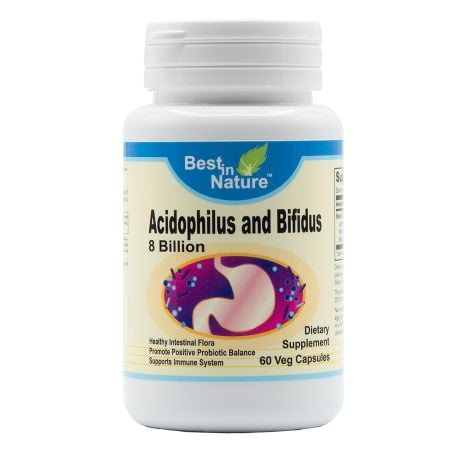
Validate your login
Sign In
Create New Account